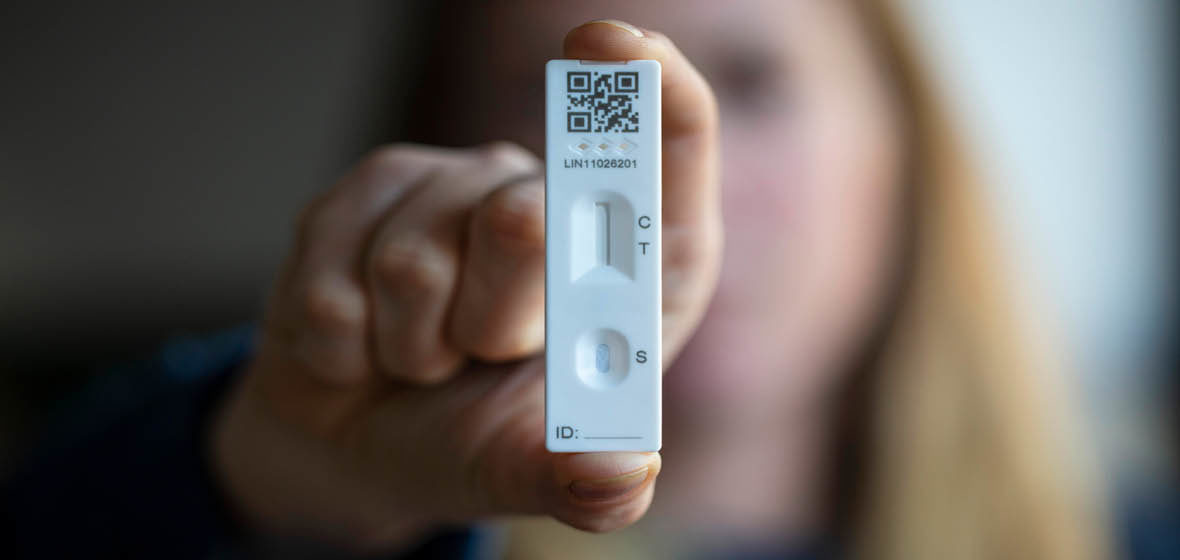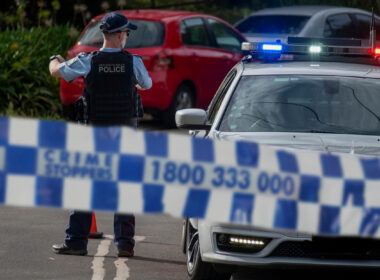Individuals and businesses caught hiking up the price of COVID-19 rapid antigen tests (RATs) will face fines and prison time, the Australian Federal Police (AFP) has warned.
The AFP has launched investigations into widely reported RAT price gouging, amid a nationwide shortage of the kits, warning those who break the rules risk five years in prison and a $66,000 fine.
Price gouging occurs when an individual or retailer buys RATs from another retailer and resells them with a mark-up of more than 20 per cent. This does not apply to retailers who buy from a wholesaler.
Taskforce LOTUS, which was established in 2021 as a targeted response to potential threats to the COVID-19 vaccine rollout, will investigate allegations of the practice.
Those caught engaging in price-gouging will need surrender the RATs, which will then be sent to the National Medical Stockpile.
AFP Assistant Commissioner Crime Command Nigel Ryan said there would be zero tolerance for those who were profiteering from RATs at the expense of the public.
“The AFP will use its full powers to crack down on RAT price gouging. Not only is price gouging of RATs unethical but it is illegal, and the AFP will use its significant resources to ensure it protects the public from the unlawful greed of others,’’ Assistant Commissioner Ryan said.
The AFP have already begun two investigations in Queensland and NSW after referrals from the Australian Competition and Consumer Commission (ACCC).
Those investigations kicked off in January when the consumer watchdog released a statement highlighting “significant concerns” about the retail price of RATs, with some smaller retailers selling them for more than $70 a test despite wholesale costs ranging between $3.95 and $11.45 a test.
“At the extreme end, we have received reports or seen media coverage of tests costing up to $500 for two tests through online marketplaces, and over $70 per test through convenience stores, service stations and independent supermarkets, which is clearly outrageous,” ACCC Chair Rod Sims said.
The ACCC received more than 1,800 reports from consumers about rapid antigen tests since 25 December 2021, and is now averaging close to 150 reports a day.




